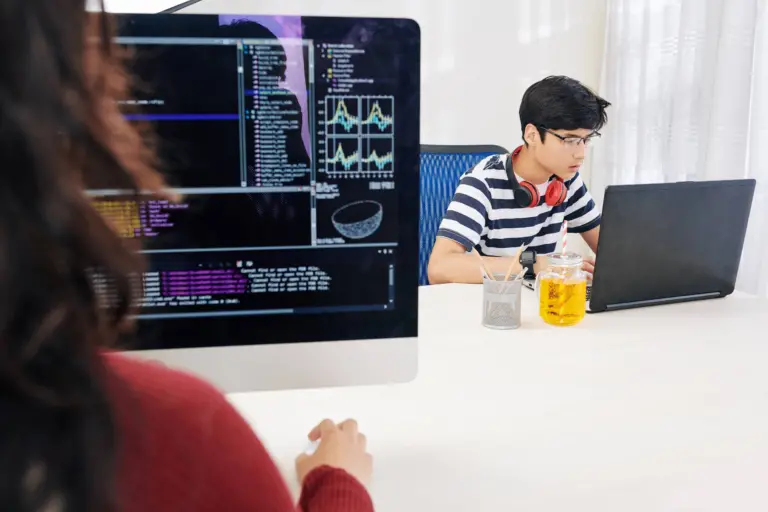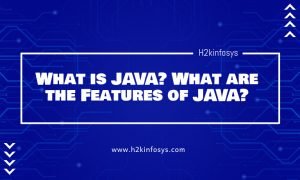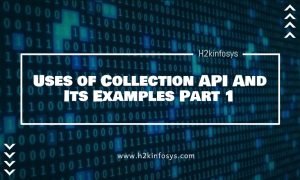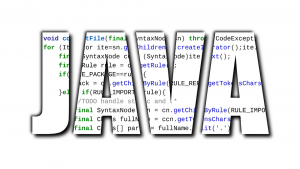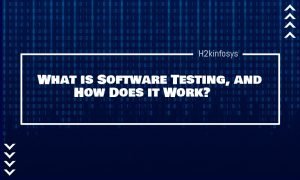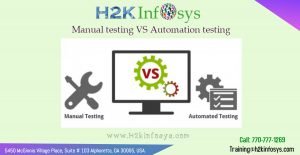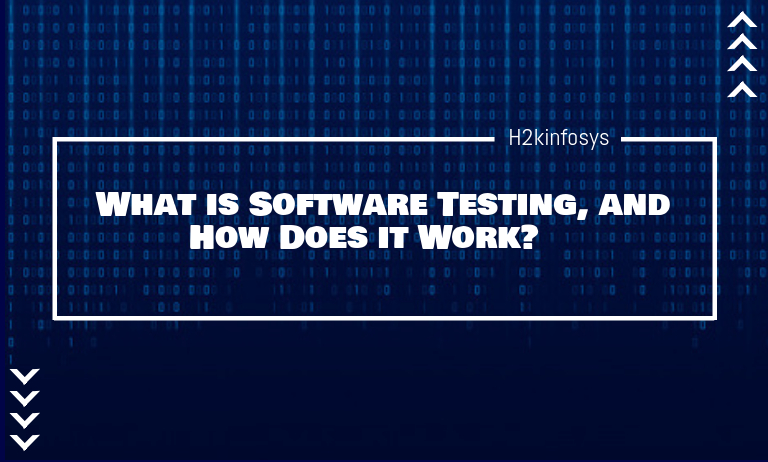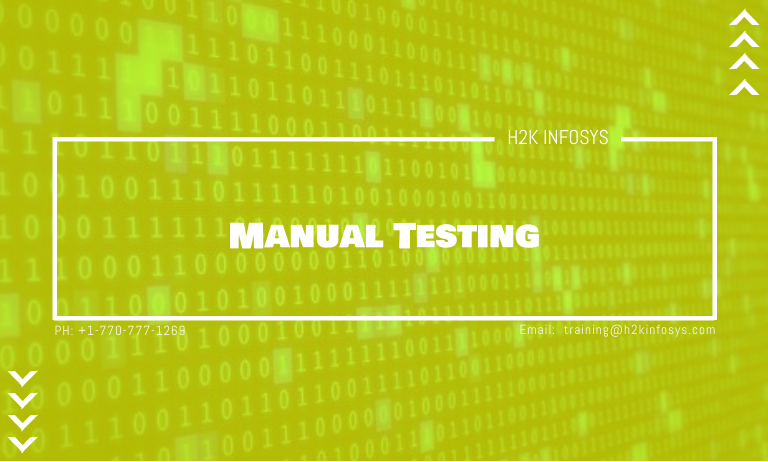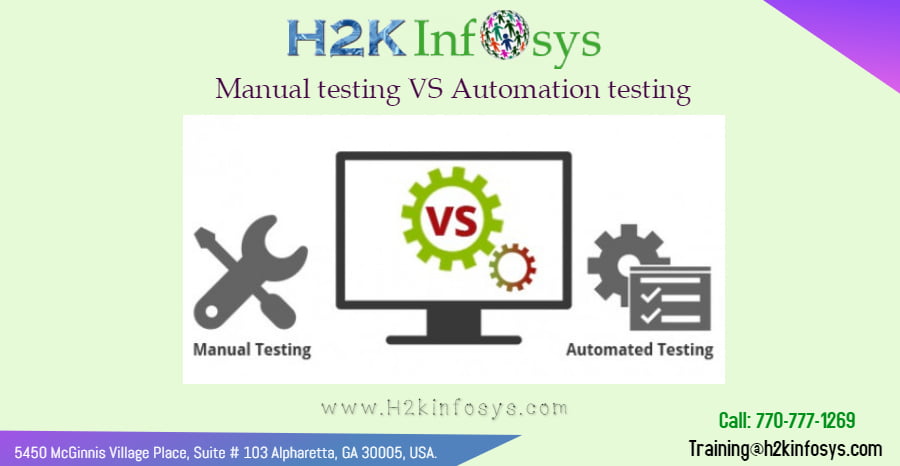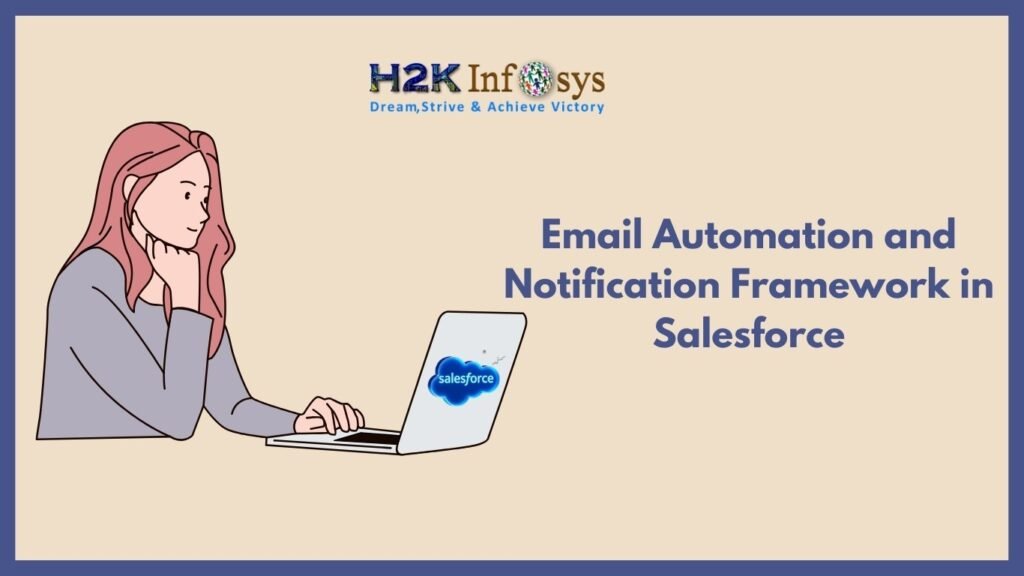Introduction
C Language Basic Syntax is a foundational aspect of C programming in the world of software development. Known for its efficiency and control, C is widely used in system programming, embedded systems, and various applications. Whether you’re a novice or an experienced programmer looking to brush up on your skills, understanding the basics of C programming is crucial. In this guide, we’ll cover the fundamental aspects of C programming, providing you with a solid foundation to build upon.
What is C Programming?
C is a general-purpose programming language that was developed in the early 1970s by Dennis Ritchie at Bell Labs. It is known for its simplicity, efficiency, and flexibility. C has influenced many other programming languages, including C++, Java, and Python. It remains a popular choice for system-level programming, operating systems, and hardware interfaces.
Why Learn C Programming?
- Foundation for Other Languages: Many modern programming languages derive their syntax and concepts from C. Learning C provides a strong foundation for learning languages like C++, Java, and Python.
- System Programming: C is the language of choice for developing operating systems, embedded systems, and other low-level applications.
- Performance: C offers excellent performance and efficiency, making it ideal for applications where speed and resource management are critical.
Setting Up Your Environment
Before diving into C programming, you need to set up your development environment. Follow these steps to get started:
- Install a Compiler: To compile and run C programs, you’ll need a C compiler. Popular choices include GCC (GNU Compiler Collection) and Clang.
- Choose an IDE: Integrated Development Environments (IDEs) provide a convenient way to write, compile, and debug your code. Popular IDEs for C programming include Visual Studio Code, Code::Blocks, and Eclipse.
- Write Your First Program: Open your IDE, create a new C file, and write the classic “Hello, World!” program to test your setup.
Basic Syntax of C Programming
Understanding the C Language Basic Syntax is the first step towards mastering the language. Here are the key components:
1. Variables and Data Types
Variables are used to store data in a program. C supports several data types, including integers, floating-point numbers, characters, and more.
#include <stdio.h>
int main() {
int age = 25;
float height = 5.9;
char initial = 'A';
printf("Age: %d, Height: %.1f, Initial: %c\n", age, height, initial);
return 0;
}2. Operators
Operators are symbols that perform operations on variables and values. C supports arithmetic, relational, logical, bitwise, and assignment operators.
#include <stdio.h>
int main() {
int a = 10, b = 20;
int sum = a + b;
printf("Sum: %d\n", sum);
return 0;
}3. Control Structures
Control structures, such as if-else statements and loops, control the flow of a program.
#include <stdio.h>
int main() {
int number = 10;
if (number > 0) {
printf("Positive number\n");
} else {
printf("Non-positive number\n");
}
for (int i = 0; i < 5; i++) {
printf("i: %d\n", i);
}
return 0;
}4. Functions
Functions are reusable blocks of code that perform specific tasks. They help in organizing and modularizing the code.
#include <stdio.h>
void greet() {
printf("Hello, World!\n");
}
int main() {
greet();
return 0;
}Advanced Topics
Once you’re comfortable with the basics, you can explore more advanced topics in C programming, such as pointers, structures, file handling, and dynamic memory allocation.
1. Pointers
Pointers are variables that store memory addresses. They are powerful but require careful handling to avoid errors.
#include <stdio.h>
int main() {
int num = 10;
int *ptr = #
printf("Value: %d, Address: %p\n", *ptr, ptr);
return 0;
}2. Structures
Structures allow you to group different types of data under a single name. They are useful for representing complex data.
#include <stdio.h>
struct Person {
char name[50];
int age;
};
int main() {
struct Person person;
strcpy(person.name, "Alice");
person.age = 30;
printf("Name: %s, Age: %d\n", person.name, person.age);
return 0;
}Tips for Learning C Programming
- Practice Regularly: The best way to learn C programming is by writing and running code regularly.
- Read Documentation: Refer to the official C documentation and resources to deepen your understanding.
- Join Communities: Engage with online communities, forums, and coding groups to seek help and share knowledge.
Conclusion
C programming is a valuable skill for any aspiring programmer. By mastering the basics, you lay the groundwork for understanding more complex programming concepts and languages. With consistent practice and exploration, you’ll soon be proficient in C and ready to tackle more advanced programming challenges.
